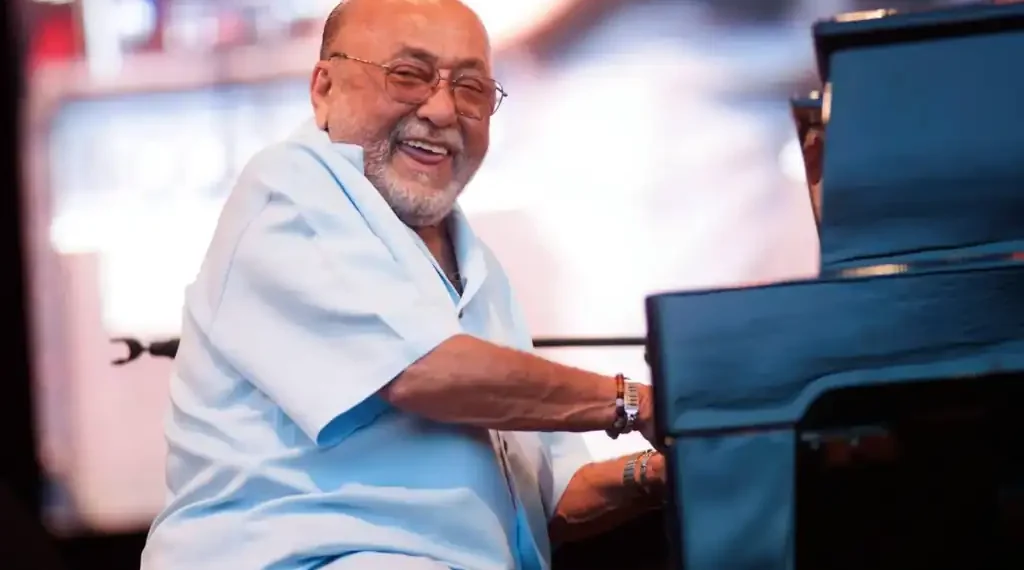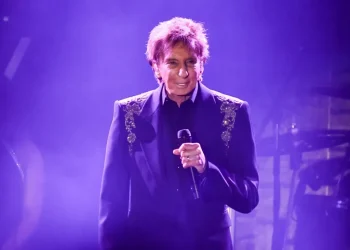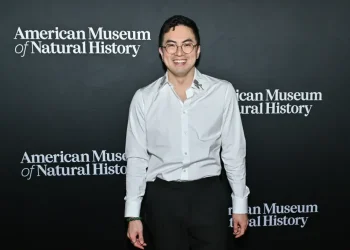Eddie Palmieri, Groundbreaking Latin Jazz Pioneer, Passes Away at 88
Written: August 7, 2025 – 16:00 ET (U.S. Time)
Eddie Palmieri, the influential pianist and bandleader credited with transforming the landscape of salsa and Latin jazz, has died at the age of 88. Known for his daring experimentation and deep respect for Afro-Caribbean musical roots, Palmieri leaves behind a monumental legacy that reshaped tropical music across generations.
A Musical Giant with Unmatched Innovation
Eddie Palmieri’s death was confirmed by his daughter, Gabriela Palmieri, who told The New York Times that the celebrated musician passed away after an extended illness. Born in 1936 in New York City to Puerto Rican parents, Palmieri’s artistry defied genre boundaries and cultural expectations, forging a unique blend of salsa, Latin jazz, boogaloo, and classical influences.
Palmieri rose to fame in the early 1960s with his trailblazing band La Perfecta. Over the decades, he amassed a catalog of influential recordings that revolutionized tropical music. From his genre-defining 1974 Grammy-winning album The Sun of Latin Music to collaborations with titans like Cal Tjader and Cheo Feliciano, Palmieri’s impact on Latin music is both vast and enduring.
Early Life and Musical Influences
Raised in the South Bronx, Palmieri was heavily influenced by his older brother Charlie Palmieri, also a pianist and respected bandleader. Though Eddie revered Charlie as “the true king of the keyboards,” his own musical voice quickly became known for its daring contrasts. As a teenager, Eddie briefly traded the piano for timbales, showcasing his early affinity for rhythmic innovation.
Palmieri’s formative years included performing alongside Fifties mambo icon Tito Rodríguez, an experience that helped shape his musical direction and performance style. His ability to blend flamboyant stage presence with deep-rooted musicianship set the tone for a decades-long career of reinvention.
La Perfecta and the Birth of the “Trombanga” Sound
In 1962, Palmieri launched La Perfecta, a group that broke away from standard salsa arrangements by replacing trumpets with a bold double trombone section, creating what came to be known as the “trombanga” format. With Barry Rogers and Jose Rodrigues on trombone and Manny Oquendo on timbales, the band achieved a gritty, resonant sound that would influence countless salsa orchestras.
La Perfecta’s music, filled with self-composed hits like “Café” and “Muñeca,” was further elevated by the vocals of Ismael Quintana. Their records captured both dancefloor energy and lyrical depth, establishing Palmieri as a leading force in the golden age of New York salsa.
Defining a Sonic Revolution
Palmieri’s 1965 release Azúcar Pa’ Ti marked a high point in his early career, fusing solemn boleros with explosive salsa arrangements. The album’s standout track, “Azúcar,” became a timeless anthem — and one of the first to showcase a pianist simultaneously delivering rhythmic tumbao and melodic solos, a feat that redefined salsa piano technique.
Throughout the late 1960s and early 1970s, Palmieri remained on the cutting edge of Latin music. He embraced new trends like boogaloo — especially evident in the groundbreaking 1968 album Champagne — while always adding his signature edge. His collaborations during this period with artists such as Cheo Feliciano, Joe Cuba, and Cachao proved his adaptability and creative leadership.
Pushing Boundaries in the 1970s
The 1970s represented Palmieri’s most experimental phase. Albums like Superimposition (1970) and Vámonos Pa’l Monte (1971) explored the fusion of jazz, Afro-Caribbean traditions, and progressive musical ideas. His 1974 release The Sun of Latin Music — featuring vocalist Lalo Rodríguez and violinist Alfredo de la Fe — became the first album to win a Grammy for Best Latin Recording, marking a new era for Latin musicians in mainstream recognition.
Palmieri continued to stretch the limits of tropical music with albums like Lucumí, Macumba, Voodoo (1978), diving deeper into Afro-Caribbean spiritual themes. Although not commercially successful at the time, these works have since been recognized for their bold artistry.
Legacy and Later Years
While Palmieri remained relatively quiet during the 1980s, his influence never waned. In the 1990s, he helped launch the career of Puerto Rican singer La India and later returned to Latin jazz, where his concerts featured extended improvisational piano solos — equal parts performance and spiritual experience.
In the 2000s, Palmieri revisited his La Perfecta era with La Perfecta II (2002) and Ritmo Caliente (2003), bringing a revitalized energy and deeper expression to his earlier work. His 2018 album Mi Luz Mayor, a tribute to his late wife Iraida, featured collaborations with Gilberto Santa Rosa and Carlos Santana, reaffirming his enduring relevance.
The Last of the Salsa Giants
Palmieri was more than just a musician — he was a philosopher of rhythm and melody. Known for his infectious laughter and thought-provoking speeches, he dedicated his life to uncovering the “Afro-Caribbean tinge” at the heart of Latin music. His innovative spirit, fearless exploration, and deep cultural grounding made him one of the most respected figures in modern Latin music.
His body of work is vast, complex, and deeply influential — a tapestry of sound that blends joy, resistance, love, and identity. In the history of salsa and Latin jazz, Eddie Palmieri stands as a towering figure whose legacy will echo for generations to come.
This article was rewritten by JournosNews.com based on verified reporting from trusted sources. The content has been independently reviewed, fact-checked, and edited for accuracy, neutrality, tone, and global readability in accordance with Google News and AdSense standards.
All opinions, quotes, or statements from contributors, experts, or sourced organizations do not necessarily reflect the views of JournosNews.com. JournosNews.com maintains full editorial independence from any external funders, sponsors, or organizations.
Stay informed with JournosNews.com — your trusted source for verified global reporting and in-depth analysis. Follow us on Google News, BlueSky, and X for real-time updates.













